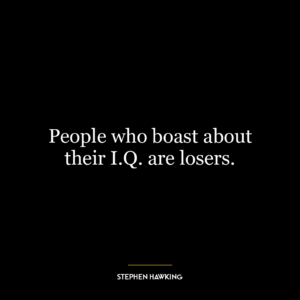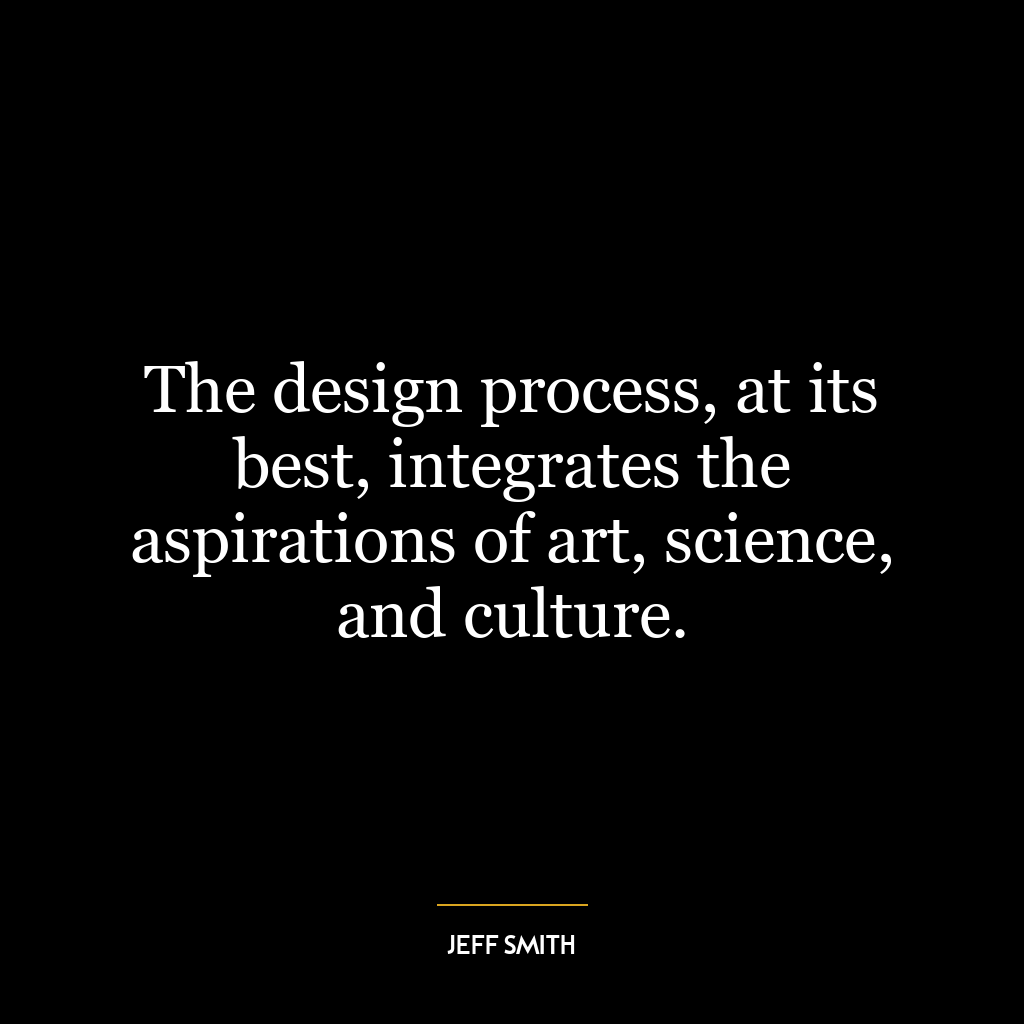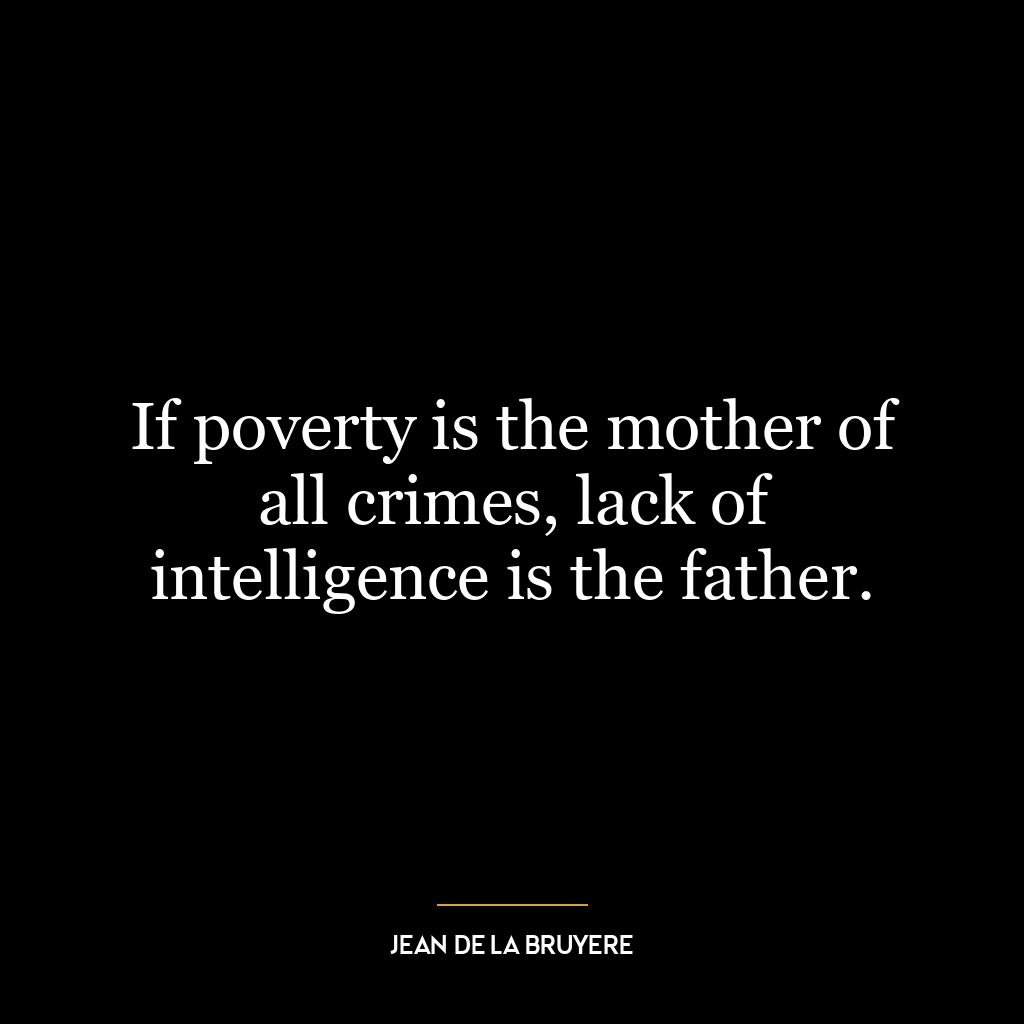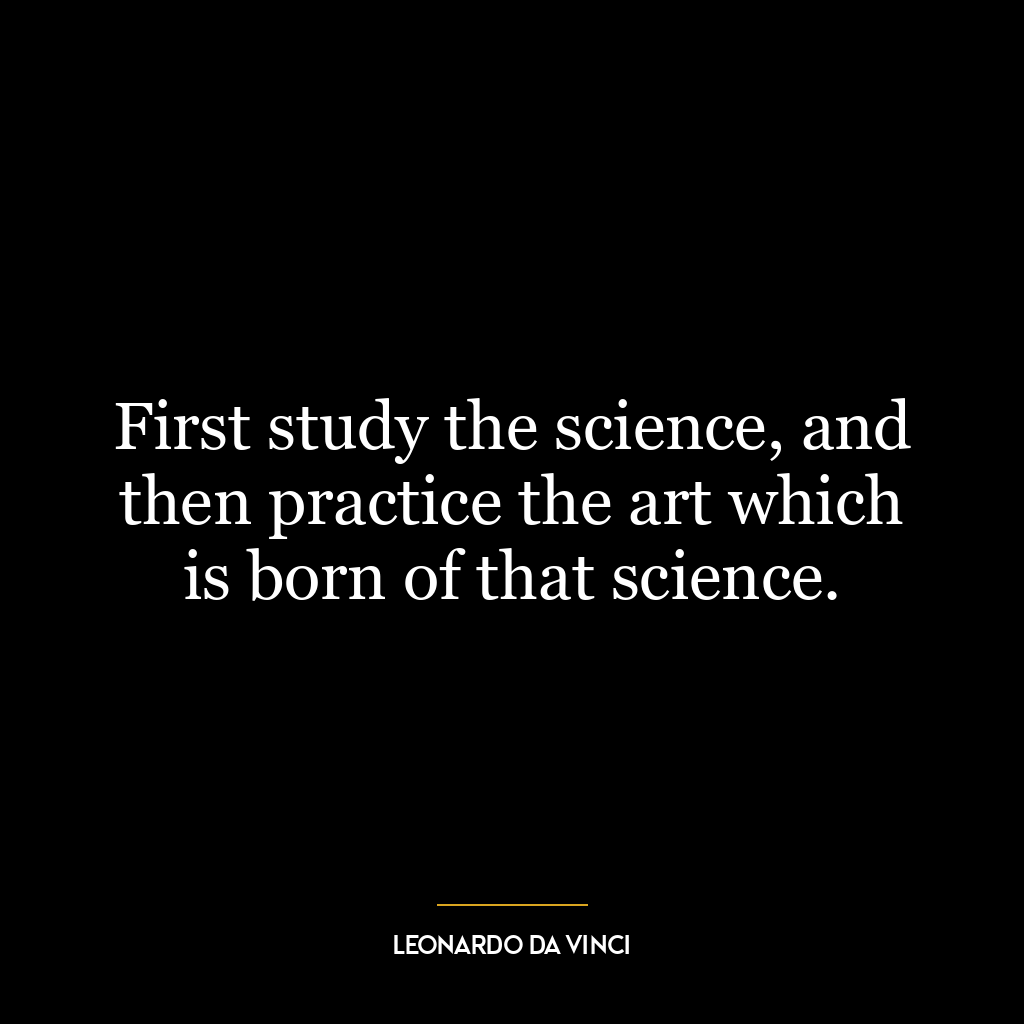Science can lift people out of poverty and cure disease. That, in turn, will reduce civil unrest.
This quote emphasizes the transformative power of science, both on an individual and societal level. It suggests that scientific advancements can provide solutions to some of the world’s most pressing problems, such as poverty and disease. By addressing these issues, science can also indirectly contribute to reducing civil unrest, which often stems from socioeconomic inequality and lack of access to resources.
The first part of the quote, “Science can lift people out of poverty,” implies that through technological advancements and innovation, new industries and jobs can be created. This can lead to economic growth and improved living standards, thus lifting individuals and communities out of poverty. For example, the development of renewable energy technologies not only addresses environmental concerns but also creates employment opportunities in manufacturing, installation, and maintenance.
The second part, “and cure disease,” refers to the role of medical science in improving health outcomes. From discovering new treatments and vaccines to improving public health infrastructure, science has the potential to reduce disease burden significantly. This not only improves individual lives but also reduces the economic strain on societies, as healthier populations are more productive.
The final part of the quote, “That, in turn, will reduce civil unrest,” suggests a ripple effect. By alleviating poverty and improving health, science can contribute to more stable, peaceful societies. Civil unrest often arises from dissatisfaction with living conditions, lack of opportunities, or health crises. By addressing these root causes, science can help foster social harmony.
Applying this idea in today’s world, it underscores the importance of investing in scientific research and development. From tackling global challenges like climate change and pandemics to addressing personal health issues, science holds the key. In terms of personal development, it can inspire individuals to pursue scientific knowledge and careers, contributing to these transformative changes. It also encourages us to support science-based policies and initiatives that aim to create a healthier, more prosperous, and peaceful world.









